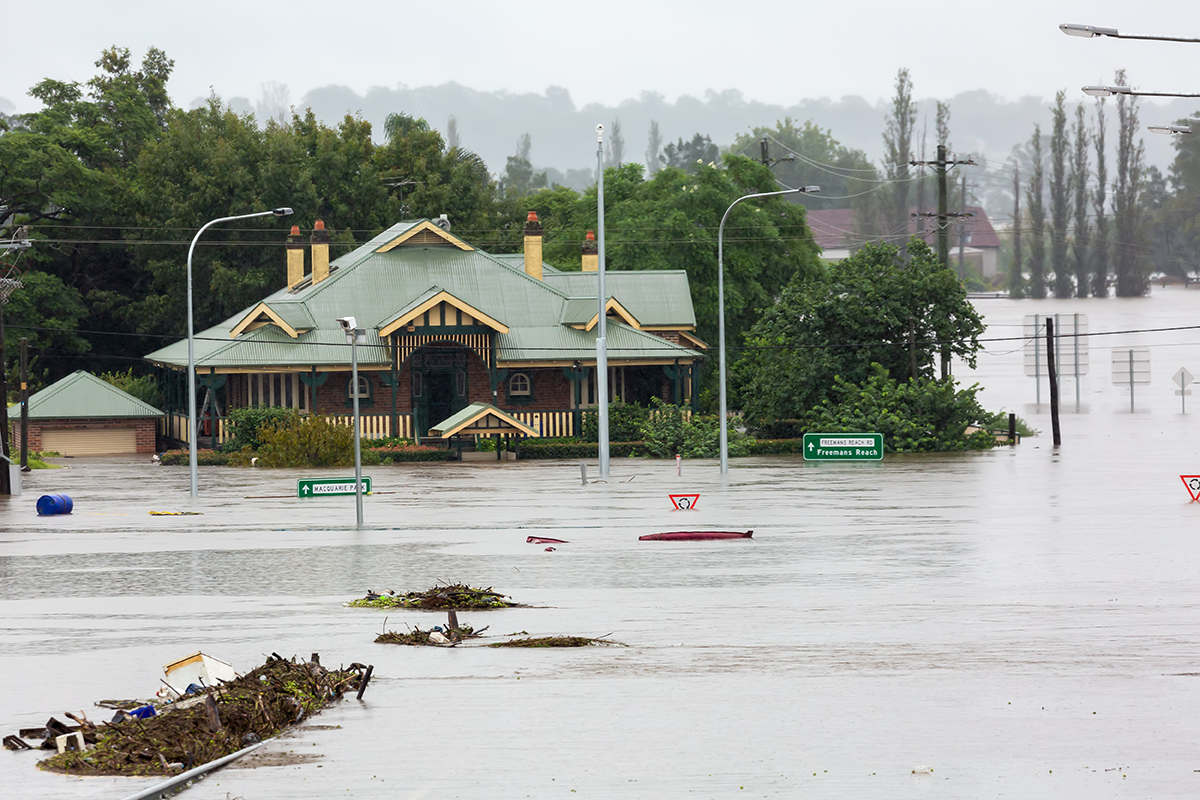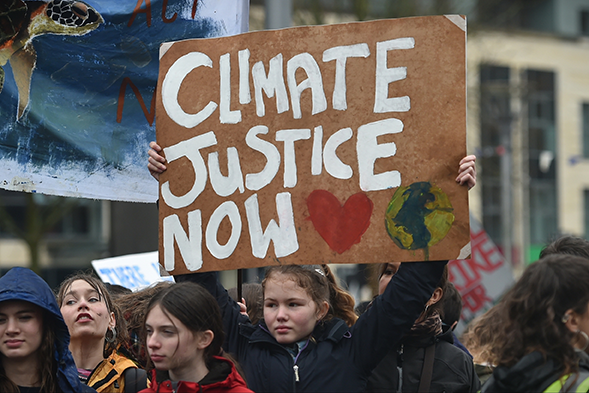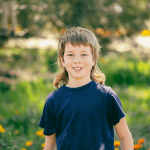The climate crisis is taking a growing toll on the mental health of children and young people, experts have warned.
Eco-anxiety could soon be a diagnosable mental health condition, as fear of natural disasters and environmental doom becomes increasingly common among young people the world over.
Writing in the British Medical Journal, Mala Rao and Richard Powell, of Imperial College London’s Department of Primary Care and Public Health, said eco-anxiety “risks exacerbating health and social inequalities between those more or less vulnerable to these psychological impacts”.
In their article, they pointed to a 2020 survey of child psychiatrists in England showing that more than half (57%) are seeing children and young people distressed about the climate crisis and the state of the environment.
Recognition of eco-anxiety and its complex psychological effects was increasing, they said, as was its “disproportionate” impact on children and young people. Two-thirds of Australians under 25 already report feeling anxious about climate change.
Climate scientist Professor Sarah Perkins-Kirkpatrick explains climate change is causing our atmosphere to get warmer and hold greater moisture. The result is more intense and damaging weather events that have important implications for the health and futures of children and young people.
These extreme events are covered by a saturation of information through television, radio, social media and conversation that children are exposed to. They are naturally concerned about the potential impacts, including loss of people’s homes and belongings, the tragic loss of life and the terrible impact on animals, yet they have little power to limit its harm.
Studies have shown that about 8 in 10 children have watched the news, with nearly half reporting they saw something that upset them. Children troubled by the news can have trouble sleeping, or become agitated, nervous or sad.
Around half of all children have been scared by something they saw on the news, which can result in anxieties and phobias that persist into adulthood.

Australia has a history of extreme weather events and catastrophic bushfires, floods, tropical cyclones, heatwaves, severe storms, tornadoes and even earthquakes, with four in five Australians having experienced some form of natural disaster at least once since 2019.
During the bushfires of 2019/20, Australians witnessed the mass destruction of almost 6,000 buildings, the deaths of 34 people and more than 3 billion terrestrial vertebrates. We have suffered several significant national floods since then.
Associate Prof Grant Blashki, Beyond Blue’s lead clinical adviser, said the research reiterated that the climate crisis was “not just about physical threats – it is very much about the mental health impacts and also the emotional wellbeing of communities”.
In the world of unhealthy anxiety, one sign of excessive worry is a “safety behaviour.” Safety behaviours trick us into believing that things like checking the weather make the world safer—as if the checking prevents a weather “catastrophe.”
Research from the University of Bath in 2021 revealed 65 per cent of 1000 surveyed Australians aged 16 to 25 felt anxious about climate change – while 60 per cent felt helpless and 40 per cent felt depressed.
Three in four (76 per cent) believed the “future is frightening”, half believed “humanity is doomed”, and 43 per cent said they were “hesitant to have children” because of their negative beliefs about climate change.

It is also important to stress, as mental health professionals are quick to note, that ‘eco-anxiety’ is not actually anxiety – it’s an appropriate and rational response to the robust scientific evidence and the climate breakdown that we are beginning to witness and given Australia’s unfortunate international reputation as a climate laggard, Australian children and young people today are likely to be particularly affected within their lifetimes.
Schools are an important source of support and can help to minimise the harmful effects of potential traumas and losses for children. Through providing a supportive and resilient environment and promoting connectedness, schools can provide a safe space for children to make sense and recover from their experiences.








